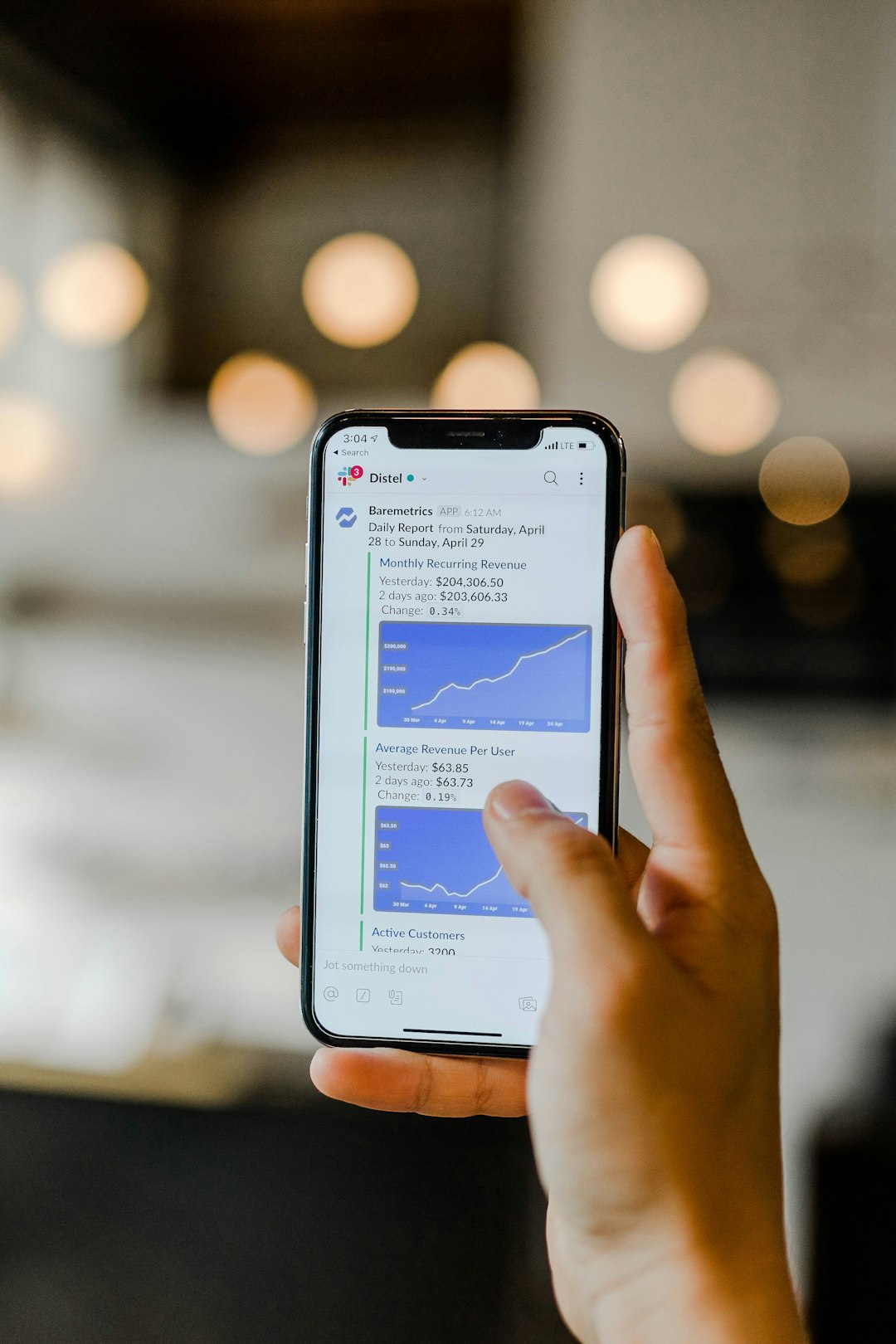
When it comes to online advertising, there are two main strategies that businesses can use: pay-per-click (PPC) and cost-per-click (CPC). While these terms are often used interchangeably, they actually refer to two different advertising models. In this article, we will explore the differences between PPC and CPC advertising and help you determine which strategy is best for your business.
What is PPC Advertising?
Understanding the Basics
by Austin Distel (https://unsplash.com/@austindistel)
PPC advertising is a form of online advertising where businesses pay each time a user clicks on one of their ads. These ads are typically displayed on search engine results pages (SERPs) or on websites that have partnered with the advertising platform.
The most popular PPC advertising platform is Google Ads, which allows businesses to create and display ads on Google’s search engine and partner websites. Other popular PPC platforms include Bing Ads, Facebook Ads, and Twitter Ads.
How it Works
PPC advertising works on a bidding system, where businesses bid on specific keywords or phrases that are relevant to their products or services. When a user searches for those keywords, the ads of the highest bidders will be displayed at the top of the search results.
For example, if a business bids on the keyword “running shoes”, their ad may appear at the top of the search results when a user searches for that term. The business will only pay when a user clicks on their ad, hence the name “pay-per-click”.
Pros and Cons of PPC Advertising
Pros:
- Highly targeted: PPC advertising allows businesses to target specific keywords and demographics, ensuring that their ads are seen by their target audience.
- Measurable results: With PPC advertising, businesses can track the performance of their ads and make adjustments to improve their ROI.
- Quick results: PPC ads can be set up and launched quickly, making it a great option for businesses looking for immediate results.
Cons:
- Can be expensive: Depending on the competitiveness of the keywords, PPC advertising can be costly, especially for small businesses with limited budgets.
- Requires constant monitoring: To ensure the best results, PPC ads need to be monitored and adjusted regularly, which can be time-consuming for businesses with limited resources.
- Limited reach: PPC ads are only displayed on search engine results pages or partner websites, limiting their reach compared to other forms of online advertising.
What is CPC Advertising?
Understanding the Basics
by Kenny Eliason (https://unsplash.com/@neonbrand)
CPC advertising, on the other hand, is a form of online advertising where businesses pay a fixed amount each time their ad is clicked. This means that businesses will pay the same amount regardless of how many clicks their ad receives.
CPC advertising is often used in display advertising, where businesses pay to have their ads displayed on websites that have partnered with the advertising platform. Popular CPC advertising platforms include Google Display Network, Facebook Audience Network, and AdRoll.
How it Works
CPC advertising works similarly to PPC advertising in that businesses bid on specific keywords or demographics. However, instead of paying each time their ad is clicked, they pay a fixed amount for each time their ad is displayed.
For example, if a business bids $1 for every 1000 ad impressions, they will pay $1 for every 1000 times their ad is displayed, regardless of how many clicks it receives.
Pros and Cons of CPC Advertising
Pros:
- Cost-effective: CPC advertising can be more cost-effective than PPC advertising, as businesses only pay for ad impressions rather than clicks.
- Wide reach: CPC ads can be displayed on a variety of websites, giving businesses a wider reach compared to PPC ads.
- Low maintenance: Since businesses pay a fixed amount for ad impressions, CPC ads require less monitoring and maintenance compared to PPC ads.
Cons:
- Less targeted: Unlike PPC ads, which are displayed based on specific keywords, CPC ads are displayed based on the website’s content. This means that they may not always reach the intended target audience.
- Limited control: With CPC advertising, businesses have less control over where their ads are displayed, which can lead to their ads being displayed on low-quality websites.
- Difficult to measure ROI: Since businesses pay for ad impressions rather than clicks, it can be difficult to measure the success of CPC ads and determine their ROI.
Which Strategy is Best for Your Business?
When deciding between PPC and CPC advertising, it’s important to consider your business goals, budget, and target audience. Here are some factors to consider when choosing the right strategy for your business.
Budget
PPC advertising can be more expensive than CPC advertising, as businesses pay for each click rather than ad impressions. If you have a limited budget, CPC advertising may be a more cost-effective option for your business.
Target Audience
If you have a specific target audience in mind, PPC advertising may be a better option for your business. With PPC ads, you can target specific keywords and demographics, ensuring that your ads are seen by your target audience.
Business Goals
If your goal is to drive immediate traffic to your website, PPC advertising may be the best option for your business. Since PPC ads can be set up and launched quickly, they are a great way to drive immediate results.
However, if your goal is to increase brand awareness and reach a wider audience, CPC advertising may be a better option. With CPC ads, your ads will be displayed on a variety of websites, giving you a wider reach compared to PPC ads.
Conclusion
Both PPC and CPC advertising have their own advantages and disadvantages, and the right strategy for your business will depend on your goals, budget, and target audience. By understanding the differences between these two advertising models, you can make an informed decision and choose the best strategy for your business.
- digital marketing for small businessesby Freelancertamal●February 13, 2024
- Unlocking Success: My Proven Rangpur Digital Marketing Strategyby Freelancertamal●January 4, 2024
- Elevate Your Business: Rangpur Internet Marketing Strategies That Workby Freelancertamal●January 4, 2024
- এসইও ক্যারিয়ারby Freelancertamal●February 14, 2024











